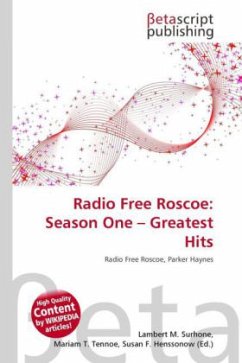Please note that the content of this book primarily consists of articles available from Wikipedia or other free sources online. Radio Day, Communications Workers'' Day (as it is officially known in Russia) or Radio and Television Day ( , as it is known in Bulgaria) is a commemoration of the development of radio in Russia. It takes place on May 7, the day in 1895 on which Alexander Popov successfully demonstrated his invention. In 1895 Popov gave the first public demonstration of radio as a tool before the Russian Physical and Chemical Society in St. Petersburg, using Sir Oliver Lodge''s coherer as a lightning detector. Popov has generally been recognized in Eastern Europe as an "inventor of radio", in contrast to the West''s recognition of Tesla and, historically, Marconi. Popov''s work on the emission and reception of signals by means of electromagnetic oscillations built upon Tesla''s accomplishments demonstrated in 1893. Marconi received a patent for radio in 1896, but his apparatus was based on various earlier techniques of other researchers (primarily Tesla) and resembled instruments demonstrated by others (including Popov).
Bitte wählen Sie Ihr Anliegen aus.
Rechnungen
Retourenschein anfordern
Bestellstatus
Storno








